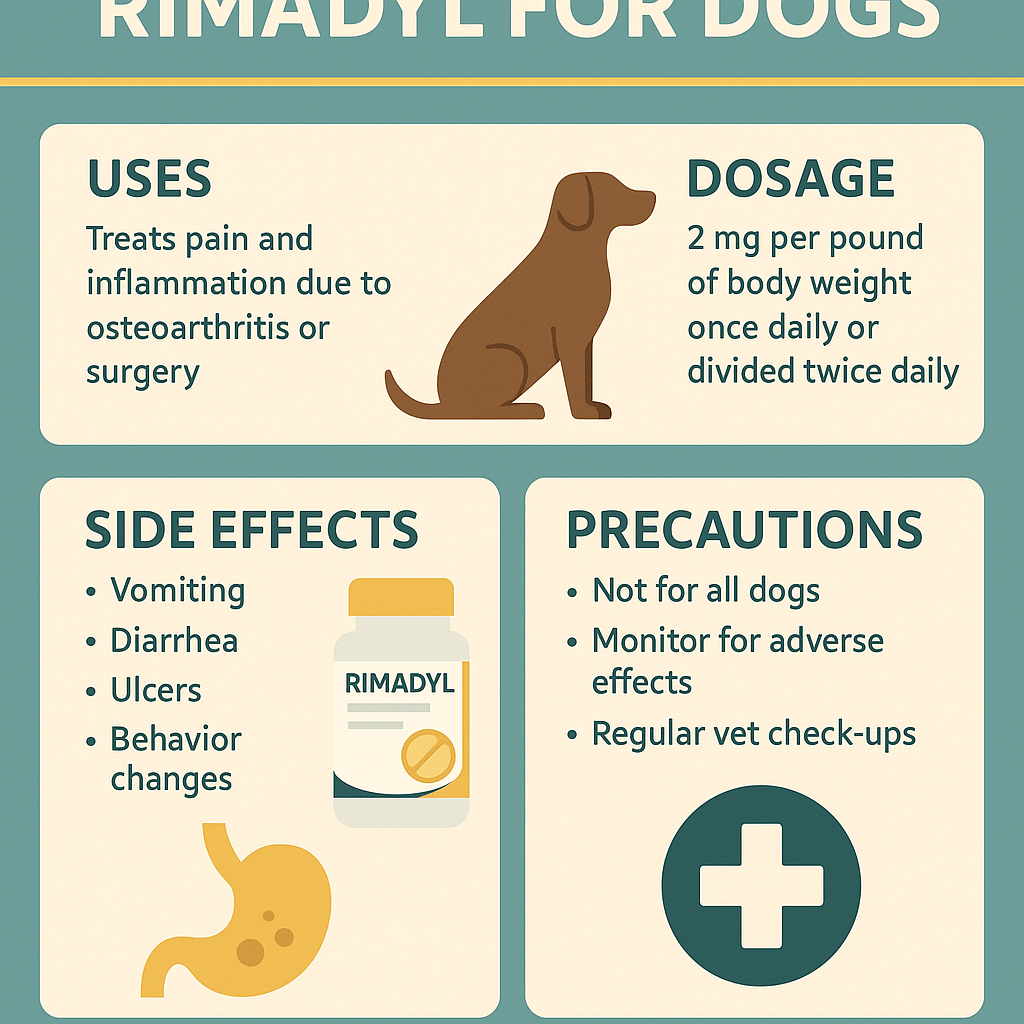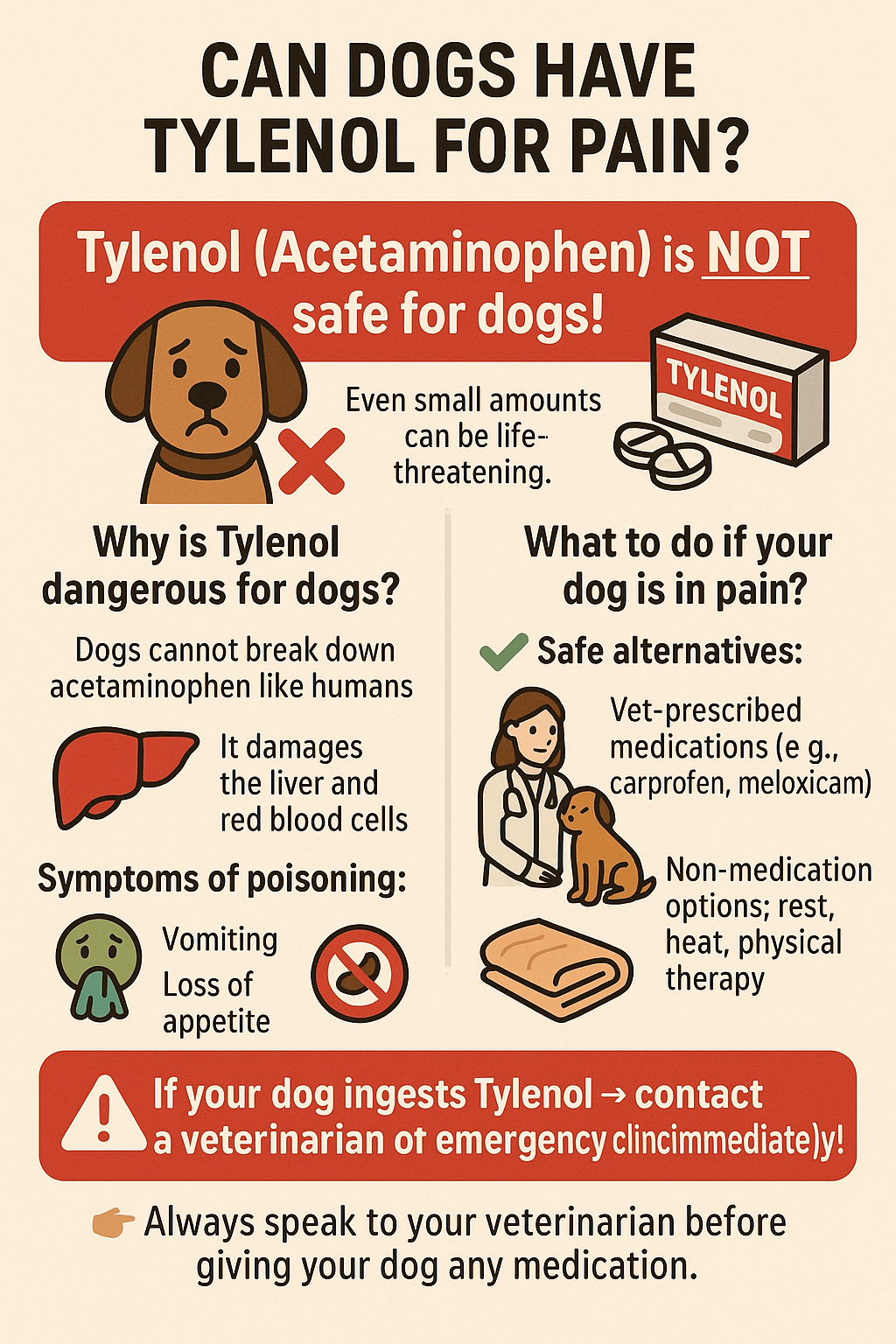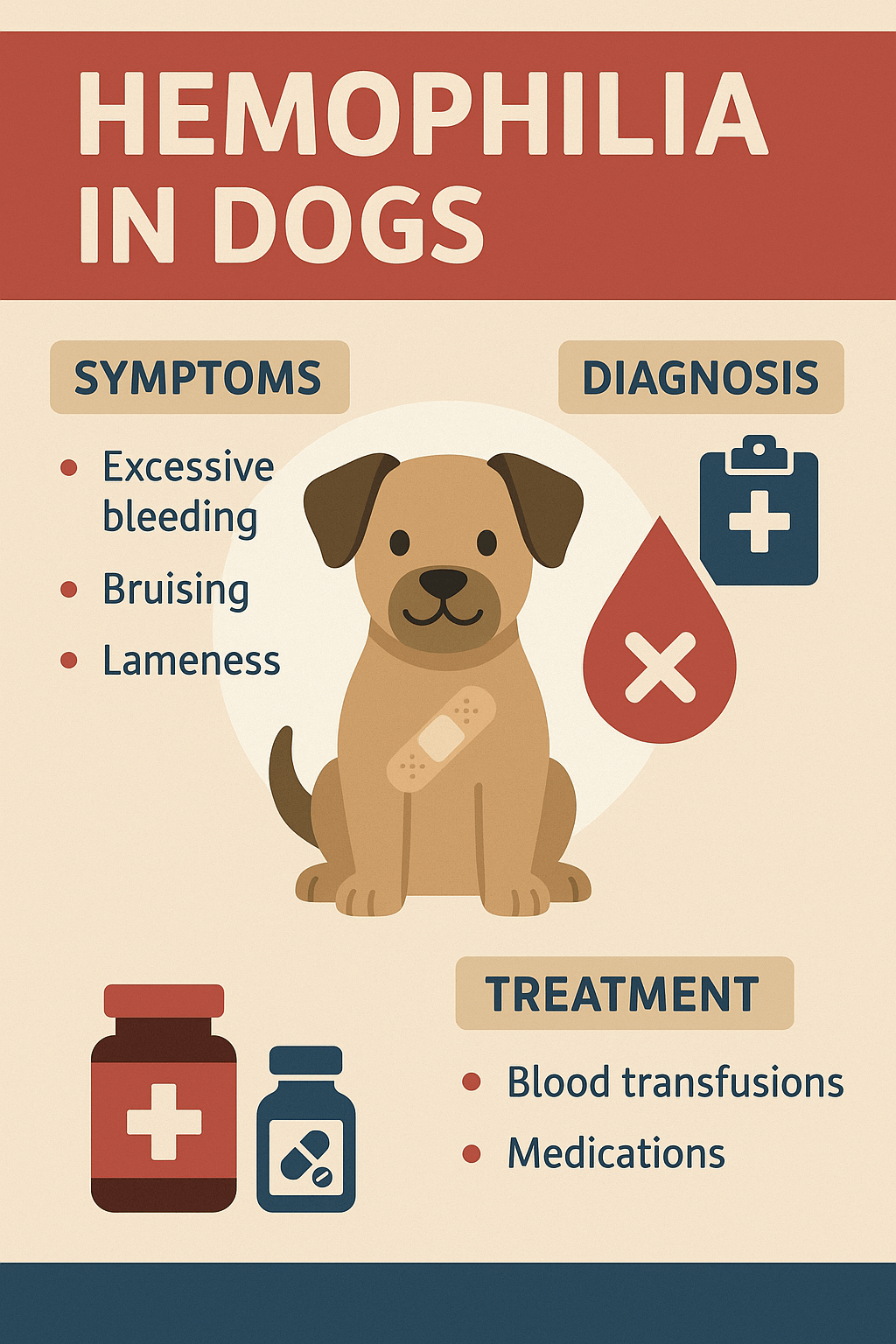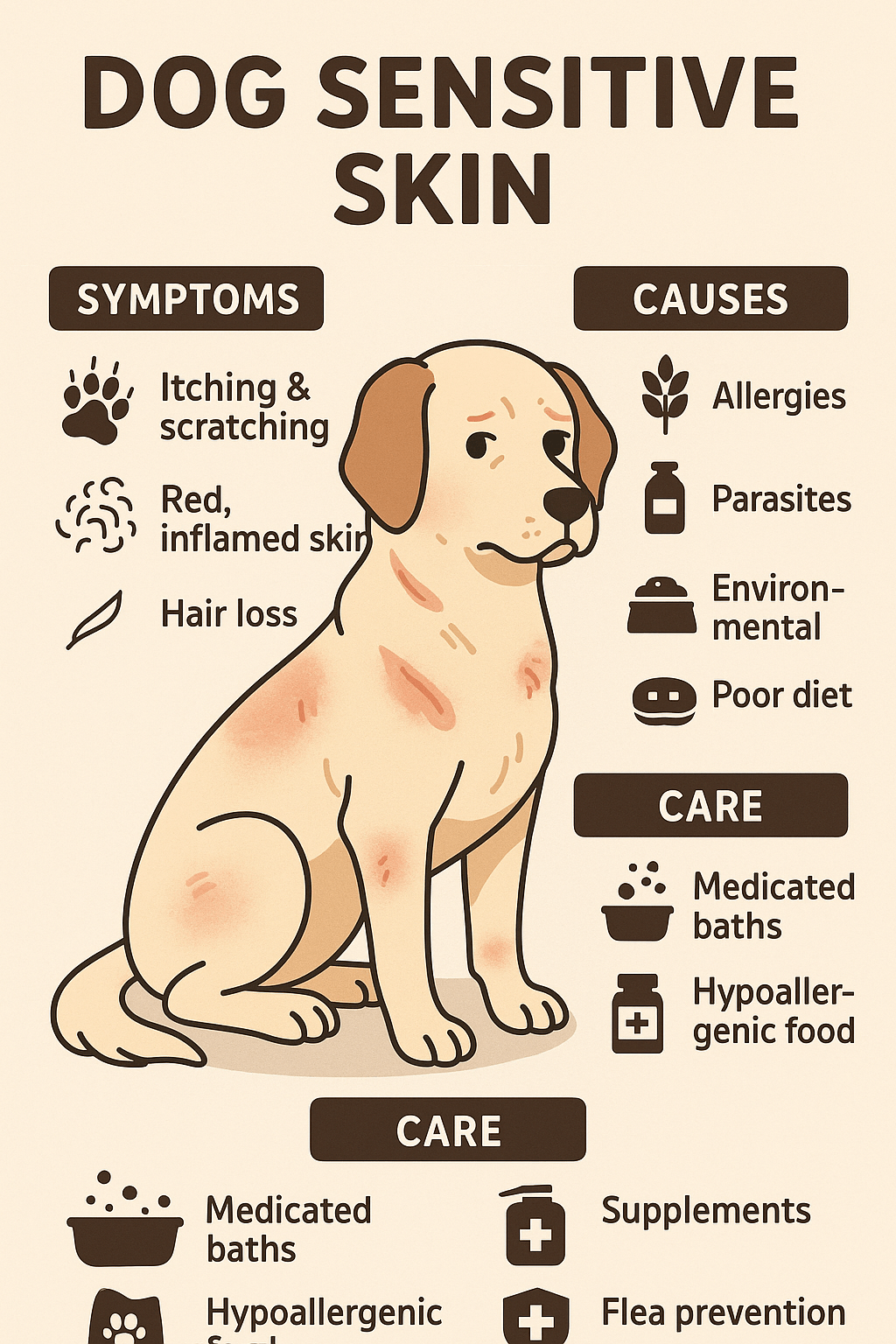Prostate Issues in Dogs: What Every Pet Owner Should Know
Just like humans, dogs can experience prostate issues as they age, particularly if they are unneutered males. The prostate gland plays a vital role in reproductive health, but when problems arise, they can significantly impact a dog’s quality of life. From benign enlargement to infections and even cancer, prostate issues in dogs require careful attention and timely intervention. Understanding the symptoms, causes, and treatment options is essential for ensuring your furry companion stays healthy and comfortable. In this blog post, we’ll explore everything you need to know about prostate issues in dogs, from prevention to management.
Common Prostate Issues in Dogs
Several conditions can affect the prostate gland in dogs, each with its own set of symptoms and treatment approaches. Recognizing these issues early can make a significant difference in your dog’s prognosis.
Benign Prostatic Hyperplasia (BPH):
This non-cancerous enlargement of the prostate is the most common issue in intact male dogs, typically occurring as they age.Prostatitis:
A bacterial infection of the prostate gland that can cause pain, fever, and difficulty urinating or defecating.Prostatic Cysts:
Fluid-filled sacs that develop within or around the prostate, often causing discomfort and urinary issues.Prostate Cancer:
Although less common, prostate cancer in dogs can be aggressive and may spread to other parts of the body if left untreated.Abscesses:
These pus-filled pockets in the prostate are often caused by severe infections and require immediate veterinary care.
Understanding these conditions helps pet owners recognize warning signs and seek appropriate treatment promptly.
Symptoms of Prostate Problems in Dogs
Identifying the symptoms of prostate issues is crucial for early detection and effective treatment. Keep an eye out for these common signs that may indicate trouble with your dog’s prostate.
Difficulty Urinating:
Straining or producing small amounts of urine can signal prostate enlargement or infection.Constipation or Straining to Defecate:
An enlarged prostate can press on the rectum, making it hard for your dog to pass stool comfortably.Blood in Urine or Semen:
The presence of blood may indicate inflammation, infection, or more serious conditions like cancer.Lethargy and Loss of Appetite:
These general signs of illness often accompany prostate issues, especially infections or abscesses.Swelling Near the Abdomen or Hindquarters:
Visible swelling could point to an enlarged prostate or cysts developing in the area.
If you notice any of these symptoms, consult your veterinarian immediately to determine the underlying cause and begin treatment.
Check this guide 👉Enlarged Prostate in Dogs: Best 7 Expert Tips!
Check this guide 👉Do Dogs Have Prostates? Best 7 Health Tips!
Check this guide 👉Understanding Dog Prostate Cancer Symptoms: Best 7 Tips!
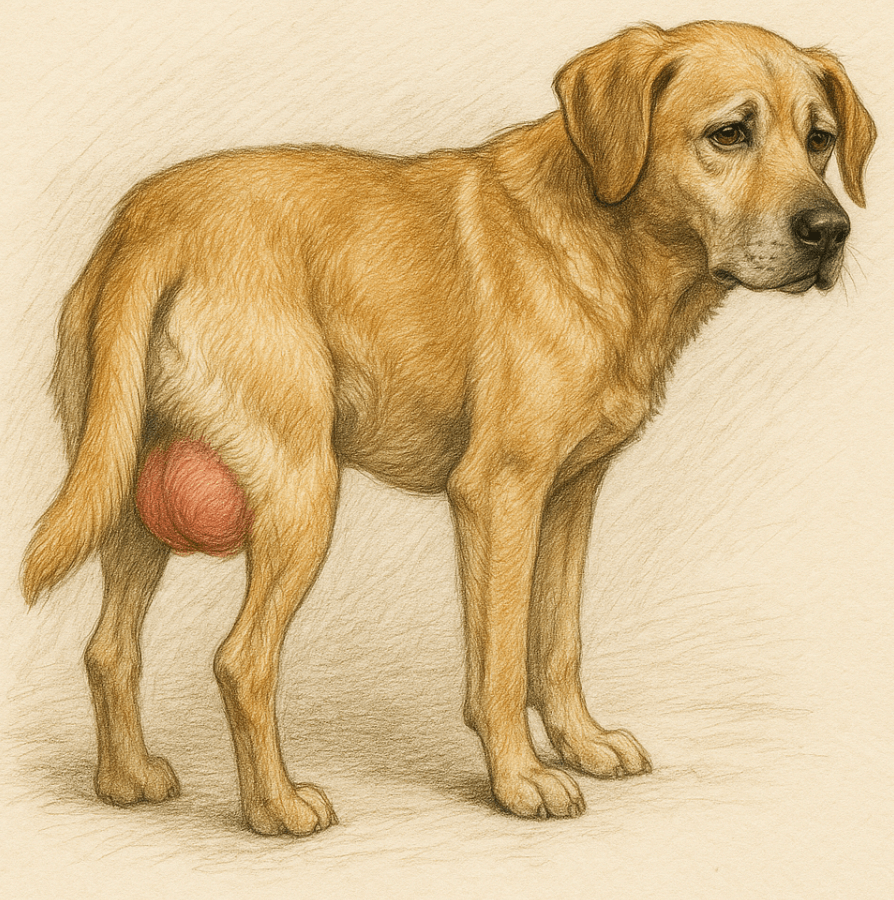
Prevention Tips for Prostate Health | Treatment Options for Prostate Issues |
|---|---|
Neuter your dog at a young age | Antibiotics for bacterial prostatitis |
Schedule regular vet check-ups | Hormonal therapy for BPH |
Maintain a healthy weight | Surgery to remove cysts or abscesses |
Provide plenty of water | Chemotherapy or radiation for prostate cancer |
Encourage regular exercise | Pain management medications |
Diagnosing Prostate Issues in Dogs
Accurate diagnosis is key to addressing prostate problems effectively. Veterinarians use a combination of methods to identify the root cause of your dog’s symptoms.
Physical Examination:
Palpation of the abdomen and rectal area allows vets to assess the size and shape of the prostate gland.Urinalysis and Blood Tests:
These tests help detect infections, inflammation, or abnormalities in organ function related to prostate issues.Ultrasound Imaging:
Ultrasounds provide detailed images of the prostate, revealing cysts, abscesses, or tumors.Biopsy:
If cancer is suspected, a biopsy may be performed to confirm the diagnosis and determine the type of tumor.X-rays:
Radiographs can show changes in the prostate’s size or signs of metastasis if cancer is present.
Early and thorough diagnosis ensures your dog receives the most appropriate treatment plan tailored to their specific condition.
Managing Prostate Issues Through Diet and Lifestyle
In addition to medical treatments, dietary and lifestyle adjustments can support your dog’s recovery and overall prostate health.
High-Fiber Diets:
Adding fiber to your dog’s diet can ease constipation caused by an enlarged prostate.Hydration is Key:
Ensure your dog drinks plenty of water to flush out toxins and reduce the risk of urinary tract infections.Weight Management:
Excess weight puts additional pressure on the pelvic area, worsening symptoms of prostate enlargement.Regular Exercise:
Daily walks and playtime improve circulation and promote overall well-being.Supplements:
Omega-3 fatty acids and antioxidants can reduce inflammation and support immune function.
These lifestyle changes complement veterinary care, helping your dog feel better and recover faster.
Benefits of Neutering for Prostate Health
Neutering is one of the most effective ways to prevent prostate issues in dogs. Here’s how this simple procedure benefits your pet’s long-term health.
Reduces Testosterone Levels:
Lower testosterone levels decrease the likelihood of benign prostatic hyperplasia (BPH).Minimizes Risk of Infections:
Without hormonal stimulation, the prostate shrinks, reducing susceptibility to bacterial infections.Prevents Prostate Tumors:
Neutering eliminates the risk of certain types of prostate cancers linked to hormones.Improves Overall Behavior:
Neutered dogs are less likely to exhibit aggressive or territorial behaviors, contributing to a calmer demeanor.Cost-Effective Prevention:
Neutering is far less expensive than treating advanced prostate issues later in life.
Choosing to neuter your dog not only protects their prostate but also enhances their overall well-being.
Holistic Approaches to Supporting Prostate Health
For pet owners interested in holistic care, several natural remedies and practices can complement traditional treatments for prostate issues.
Herbal Supplements:
Saw palmetto and nettle root extracts have anti-inflammatory properties that may benefit prostate health.Acupuncture:
This ancient practice can relieve pain and improve circulation in dogs with chronic prostate conditions.Homeopathic Remedies:
Certain homeopathic treatments aim to reduce inflammation and boost the immune system.Massage Therapy:
Gentle abdominal massage can alleviate discomfort and promote relaxation in affected dogs.Stress Reduction Techniques:
Reducing stress through calming routines and environments supports healing and recovery.
While holistic methods should never replace veterinary care, they can enhance your dog’s comfort and quality of life.
When to Seek Emergency Veterinary Care
Some prostate-related symptoms require immediate attention to prevent complications. Knowing when to act quickly can save your dog’s life.
Severe Pain or Lethargy:
If your dog appears extremely uncomfortable or unusually lethargic, seek emergency care right away.Complete Inability to Urinate:
This is a medical emergency that can lead to kidney failure if not addressed promptly.Signs of Septicemia:
Symptoms like high fever, rapid breathing, or collapse may indicate a systemic infection requiring urgent treatment.Visible Swelling or Discharge:
Unusual lumps or discharge near the hindquarters warrant immediate investigation.Sudden Worsening of Symptoms:
Rapid deterioration suggests a potentially life-threatening condition that needs immediate assessment.
Acting swiftly in emergencies ensures your dog receives the critical care they need to recover safely.
Frequently Asked Questions About Prostate Issues in Dogs
Are prostate issues common in neutered dogs?
No, neutering significantly reduces the risk of prostate problems since it eliminates testosterone-driven growth.
Can prostate cancer in dogs be cured?
While curative treatment is challenging, early detection and therapies like surgery or chemotherapy can extend your dog’s life.
How much does treatment cost?
Costs vary depending on the condition and treatment plan, ranging from hundreds to thousands of dollars.
What age do dogs typically develop prostate issues?
Most cases occur in older, unneutered male dogs, usually after the age of six.
Is neutering a preventive measure?
Yes, neutering prevents benign prostatic hyperplasia and reduces the risk of infections and cancer.
Prioritizing Your Dog’s Prostate Health
Prostate issues in dogs may seem daunting, but with proper knowledge and care, they can be managed effectively. Whether through preventative measures like neutering or timely interventions such as medication and surgery, there are many ways to ensure your dog remains happy and healthy. By staying vigilant about symptoms, scheduling regular vet visits, and providing a balanced diet and active lifestyle, you can give your furry friend the best chance at a long, fulfilling life. Remember, your dog depends on you to advocate for their health—so don’t hesitate to seek professional guidance whenever needed.
Rimadyl for Dogs: Best 7 Expert Tips! Discover expert advice on using Rimadyl safely, managing pain, and improving your dog’s mobility with trusted veterinary insights.
Can Dogs Have Tylenol for Pain? Best 7 Expert Tips! Discover the risks, safe alternatives, and expert advice on managing your dog’s pain effectively while avoiding harmful medications.
Understanding Hemophilia in Dogs: Best 7 Expert Tips! Discover expert advice on managing hemophilia, recognizing symptoms, and ensuring your dog’s well-being with practical care strategies.
Understanding Dog Sensitive Skin: Best 7 Expert Tips! Discover expert advice on managing dog sensitive skin, relieving irritation, and improving your pup’s comfort with practical solutions.

